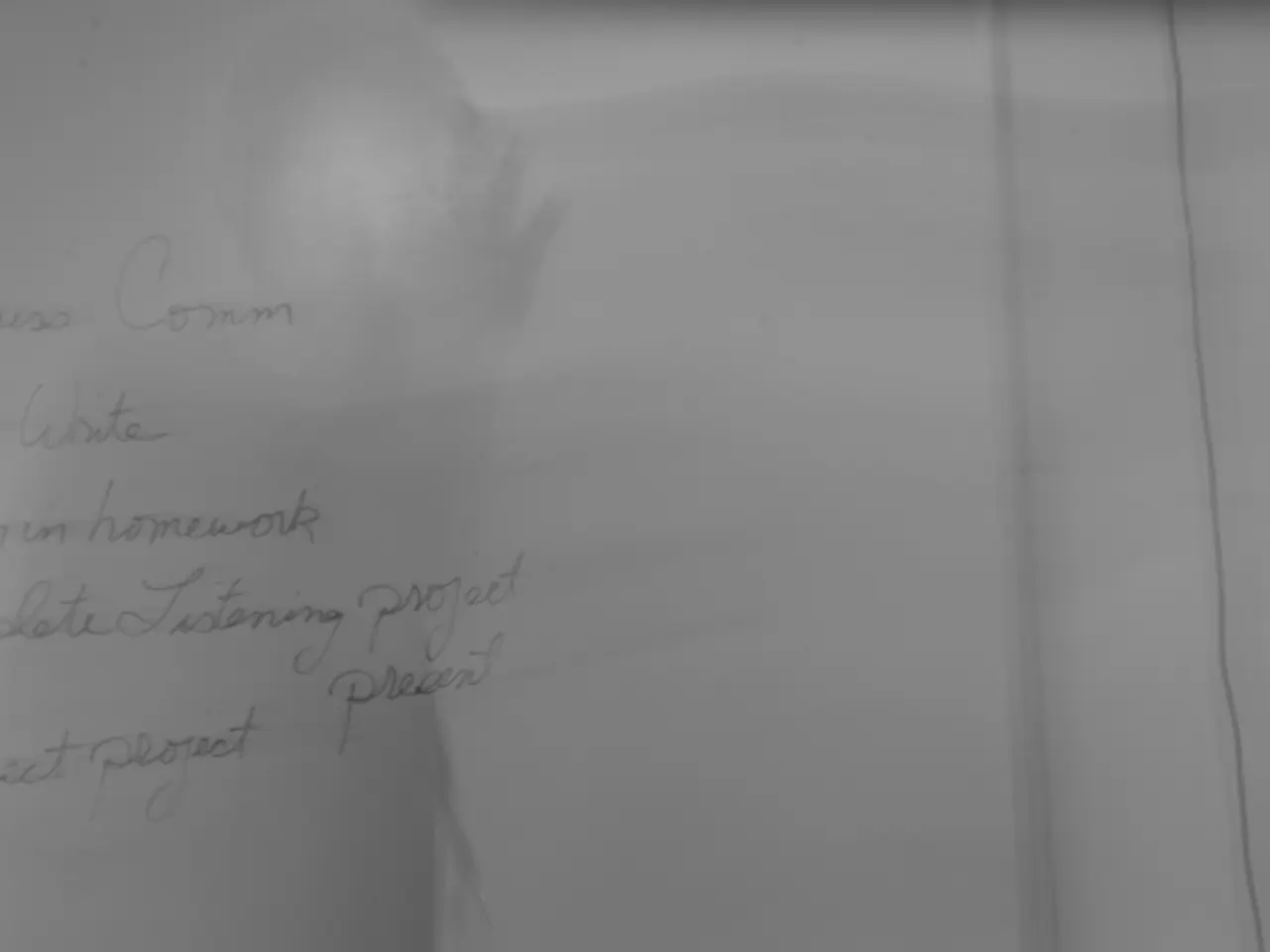Enhanced Border Controls Imperative in Retaining Migration Levels - Consultation held on proposed directive safeguarding employees from radiation hazards
The European Union (EU) is currently grappling with the complex issue of border control and migration, as member states implement temporary measures while the Commission works towards a sustainable, EU-wide solution.
In a bid to address the surge in irregular migration, the European Commission stands ready to facilitate cooperation and coordination among affected Schengen member states. The Schengen Coordinator of the Commission is in close technical contact with the authorities of all affected Schengen member states, ensuring a unified approach.
Recent developments have seen Poland introduce temporary border controls with Germany and Lithuania, citing the shared challenge of illegal migration. This move comes in response to Germany's strengthened border controls, which have led to a significant reduction in asylum applications and intensified returns.
The Ministry of the Interior in Poland aims to curb irregular migration, a goal shared by all parties involved. The EU has responded by increasing funding and focusing on Eastern borders, where Eastern EU border states such as Poland, Lithuania, Estonia, and Latvia have urged EU institutions for more financial and logistical support.
The EU's strategy includes enhanced border controls, with Frontex deployment, and proposals to streamline asylum and return procedures. New EU legislative initiatives aim to expedite returns of non-EU nationals denied permission to remain. This includes proposals around ‘safe countries of origin’ lists—countries deemed safe for accelerated processing of asylum claims—though these measures have raised concerns about undermining fair access to asylum and shifting responsibility outside the EU.
Despite these efforts, the border control situation has led to concerns about potential domino effects and a "ping-pong game." The planned migration summit on July 18 will involve the participation of France, Poland, Austria, Denmark, and the Czech Republic, with the aim of discussing a tougher migration policy and finding a sustainable EU-wide solution.
The European Commission, based in Brussels, has made statements regarding the border control situation, emphasizing the importance of neighbouring countries working together to minimize the impact of temporary border controls on traffic flow. Government spokesman Stefan Kornelius stated that border controls indicate a positive direction in migration efforts, while Alexander Dobrindt, a German government official, ordered strengthened border controls and asylum seeker rejections at the Polish border in May.
As the EU continues to navigate this challenging landscape, it is clear that a sustainable solution at the European level is needed to harmonize member states’ approaches and safeguard migrant rights, especially along the sensitive eastern frontier where geopolitical factors complicate the situation.
- The European Commission is actively involved in facilitating cooperation among Schengen member states to address the surge in irregular migration, with a focus on implementing a unified approach towards a sustainable EU-wide employment policy for migration.
- The politics of migration in the EU is a topic of general interest, as recent developments such as Poland's temporary border controls with Germany and Lithuania indicate a need for more coordinated efforts and financing to curb irregular migration, especially along the eastern frontier.








